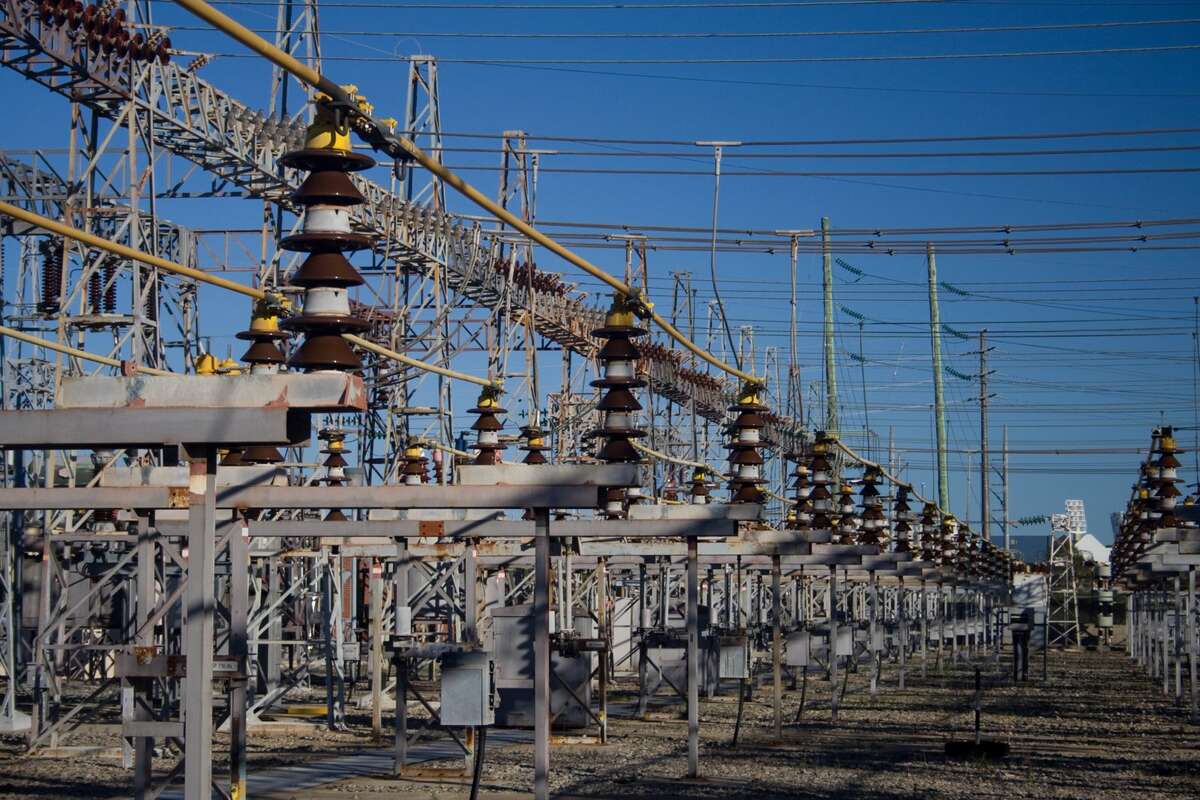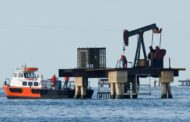According to new reports from the North American Electric Reliability Corporation, 2024 is expected to see nearly 4 billion kilowatt-hours in retail electricity sales, a new record. That news makes this next piece of information less surprising: NERC’s projection for peak power demand over the next decade has surged, a sharp change after years of projections that showed less and less demand growth.
What’s driving this? Well, as the utility industry digitizes and pursues a renewable energy revolution, so has the rest of the world. Jim Robb, NERC’s CEO recently told the Financial Times that, among other things, the boom in data centers is “very very real” and that utilities are having a difficult time keeping up with this energy-heavy economic expansion.
Robb told FT that NERC’s projected growth in electricity demand over the next 10 years is now “nearly double what it was five years ago.”
An explosion in artificial intelligence (parallel to data centers), a growth in electric-powered vehicles, as well as an industry boom in semiconductor chip manufacturing have driven the NERC to rethink its power demand projections. According to one recent report, titled The Era of Flat Growth is Over, $481 billion in industrial projects have been put on the docket since 2021, and $150 billion in new data centers are expected to come online by 2028.
Artificial intelligence is still a nascent technology. I remember when Bitcoin became the hot new item and the concern from utilities over how energy-intensive the Bitcoin mining process was. AI feels much different – it is a game changer more than a flash in the pan. We are now living in a post-AI world, economy, and energy consumption reality.
And, I haven’t even mentioned how all of this will be ramping up as our climate grows more fickle, with natural disasters and extreme weather promising to challenge the U.S. and the world’s power infrastructure. This weekend, a cold snap will put pressure on power grids from Ohio down to Texas. How might our infrastructure hold up when bad weather, AI, and broad adoption and reliance on electric vehicles become our modus operandi?














